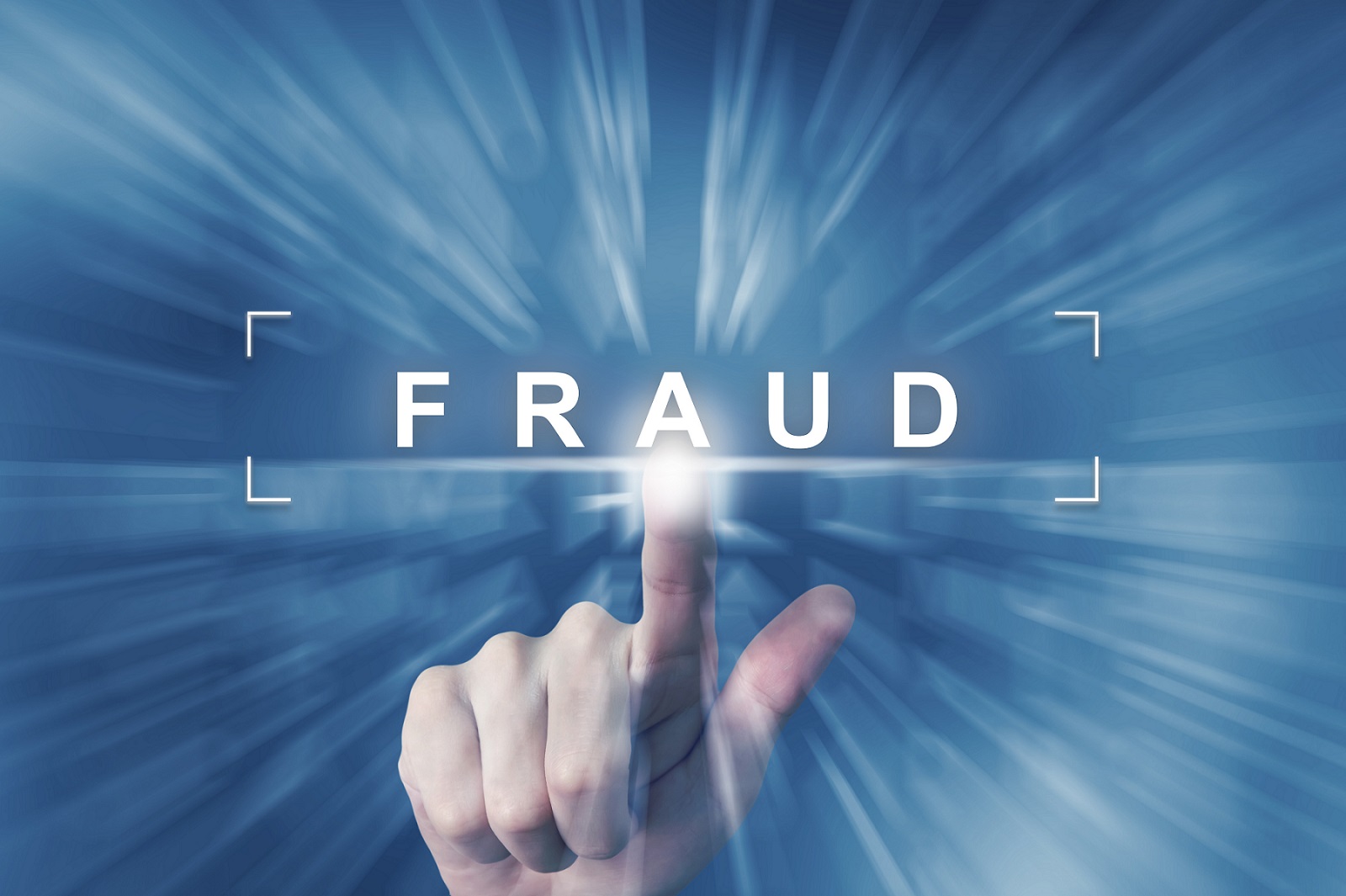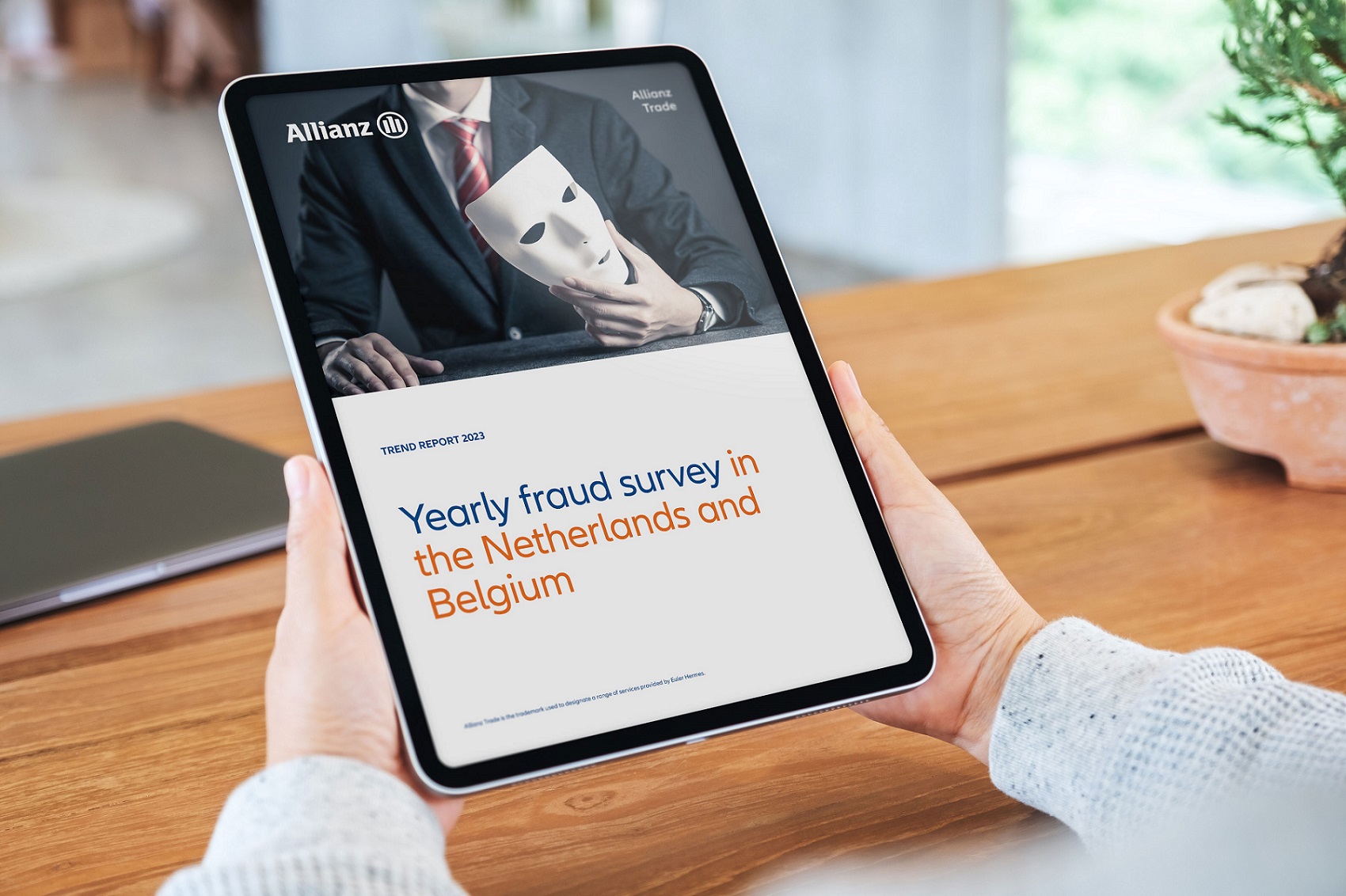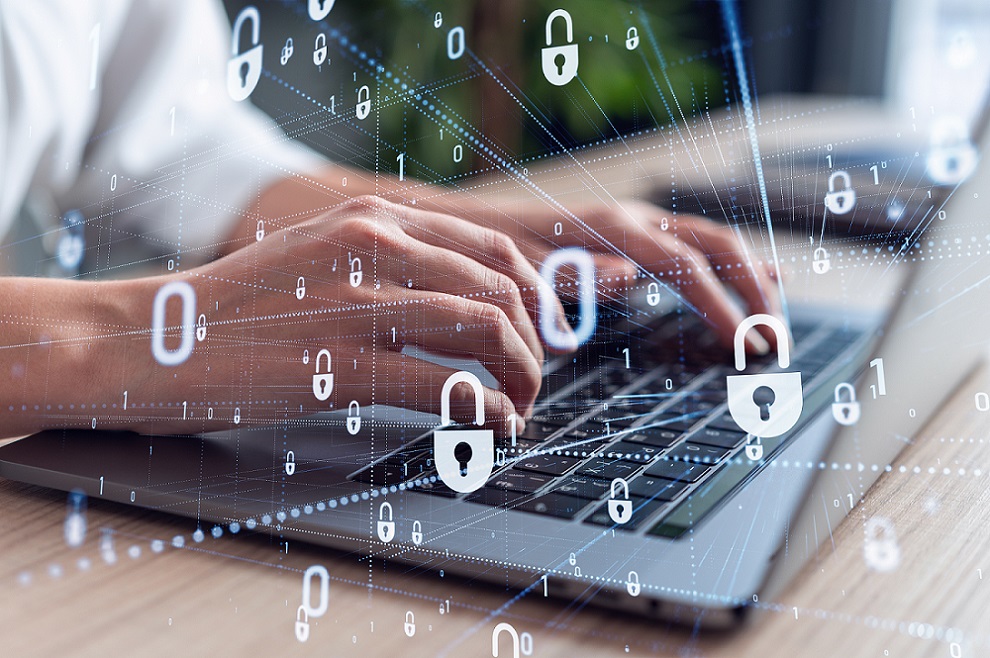Hardly a day goes by without media reports of fraud. From gambling addicts and thieving accountants to sophisticated CEOs and CFOs who paint too rosy a picture to the outside world of the company they know will soon go under. From "small beer" and minor damage to large-scale frauds that actually result in mega damage. From an individual victim to sometimes thousands of victims. In the private domain, business or government.
Sooner or later we all have to deal with fraud at some point. Because we are not sharp enough or too gullible and fall for a scam trick. Because we are careless with data or with passwords. Because we trust employees and third parties, even if they can easily and almost imperceptibly betray that trust. Because we are unwilling or unable to defend ourselves sufficiently given the costs involved. Because we do not adequately arm ourselves against the risks of fraud to which we are exposed.









